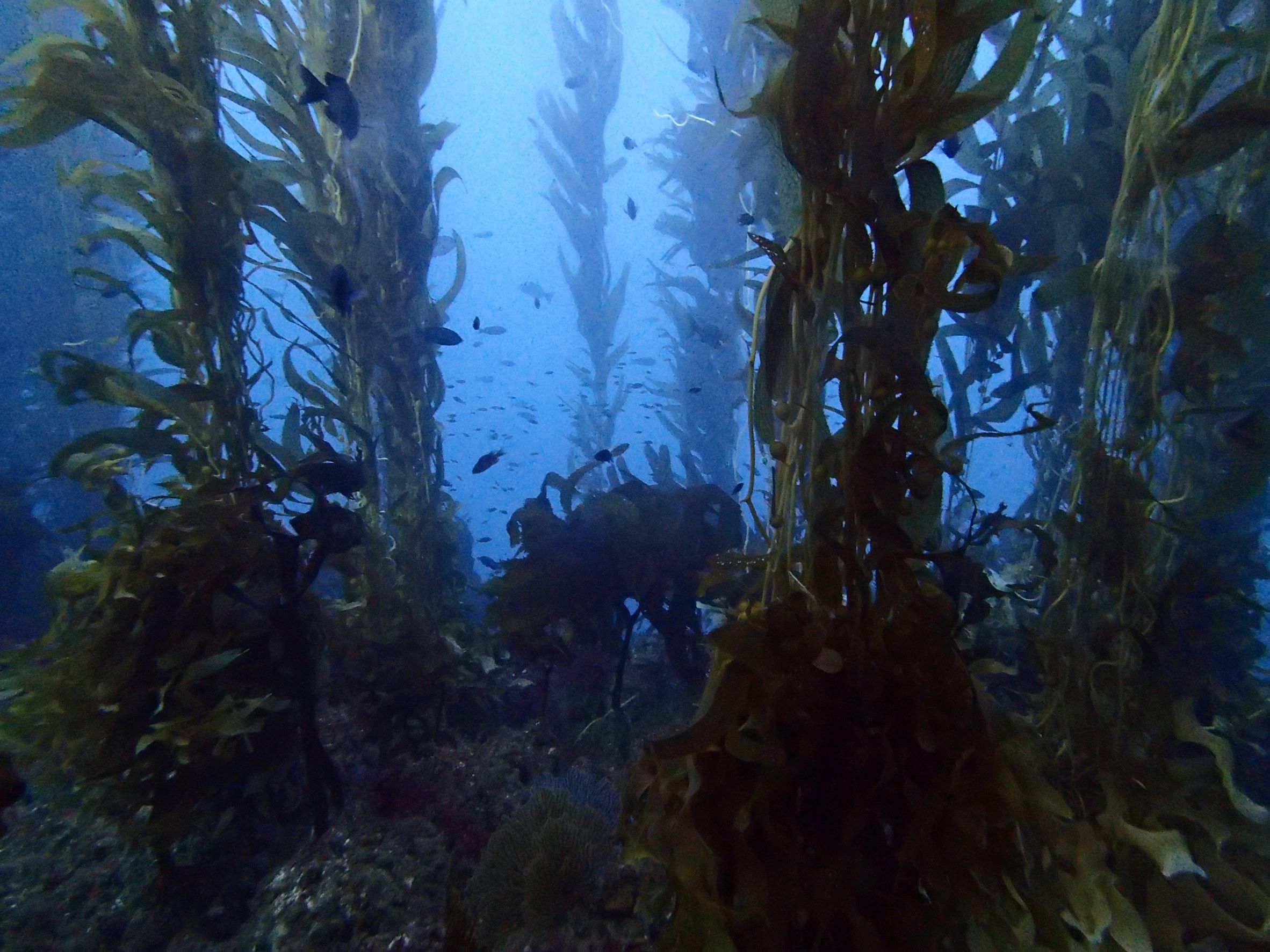Initial phase of ocean health report card developed for California managers
The California Ocean Protection Council (OPC) has released the first phase of a multi-component ocean health report card designed to provide managers and policymakers with comprehensive annual snapshots about the condition of California’s coastal ocean.

The report card, published in January as the agency’s Annual 2022 State of the California Ocean and Coast Report, consists of narrative summaries about the ecological condition of the coastal ocean across nine indicators, including fecal contamination, ocean acidification, marine mammals and kelp forests.
The OPC effort parallels a complementary ocean health report card being developed for the entire U.S. West Coast by the West Coast Ocean Alliance (WCOA), a regional ocean planning body constituted by the U.S.’s three West Coast states, tribes and federal agencies. The OPC’s Executive Director – SCCWRP Commissioner Jenn Eckerle – serves as California’s representative on WCOA’s Executive Council.
Development of ocean health report cards is a strategic priority for both WCOA and OPC, as the report cards can provide a foundation for prioritizing environmental issues that require management attention. The process of developing the report cards also can help align existing coastal ocean monitoring programs and data management systems to yield more managerially relevant insights.
SCCWRP is playing a key role in the development of both report cards, helping to craft several of the OPC report card’s condition indicators and co-leading the team developing WCOA’s indicators. SCCWRP’s focus is on helping both agencies develop a scientifically rigorous, consistent approach for conducting annual indicator assessments.
Conducting a scientifically defensible condition assessment requires developing consensus among scientific experts about which data sets should be used (a decision that needs to consider both data quality and data comparability over large spatial and temporal gradients), what thresholds to use as the basis of comparison, and what level of uncertainty is acceptable.
Both OPC and WCOA are planning to release fully built-out versions of their annual report cards in 2025. The final versions are likely to include some form of grading to help place trends in management context. Both agencies also are planning to develop websites to provide more information for each indicator, plus link to the original data sets used for each indicator assessment.
The OPC report card is not California’s first effort to assess coastal ocean health across multiple condition indicators, but stands apart because the assessments are directly aligned with California’s long-term management goals for protecting the health of the coastal ocean.
By releasing a partial 2022 report card for California, the OPC can begin soliciting feedback from managers and policymakers about how ocean condition assessments have been presented, as well as begin documenting California’s progress toward meeting its long-term, strategic goals around protecting coastal ocean health.
During a January 24 OPC meeting, the OPC’s five-member board – known as the Ocean Protection Council – lauded the report card as a comprehensive, managerially relevant tool that provides a critical foundation for management decision-making and for tracking effectiveness of these decisions.
For more information, contact Dr. Karen McLaughlin.
More news related to: Climate Change, Eutrophication, Harmful Algal Blooms, Microbial Water Quality, Ocean Acidification and Hypoxia, Top News